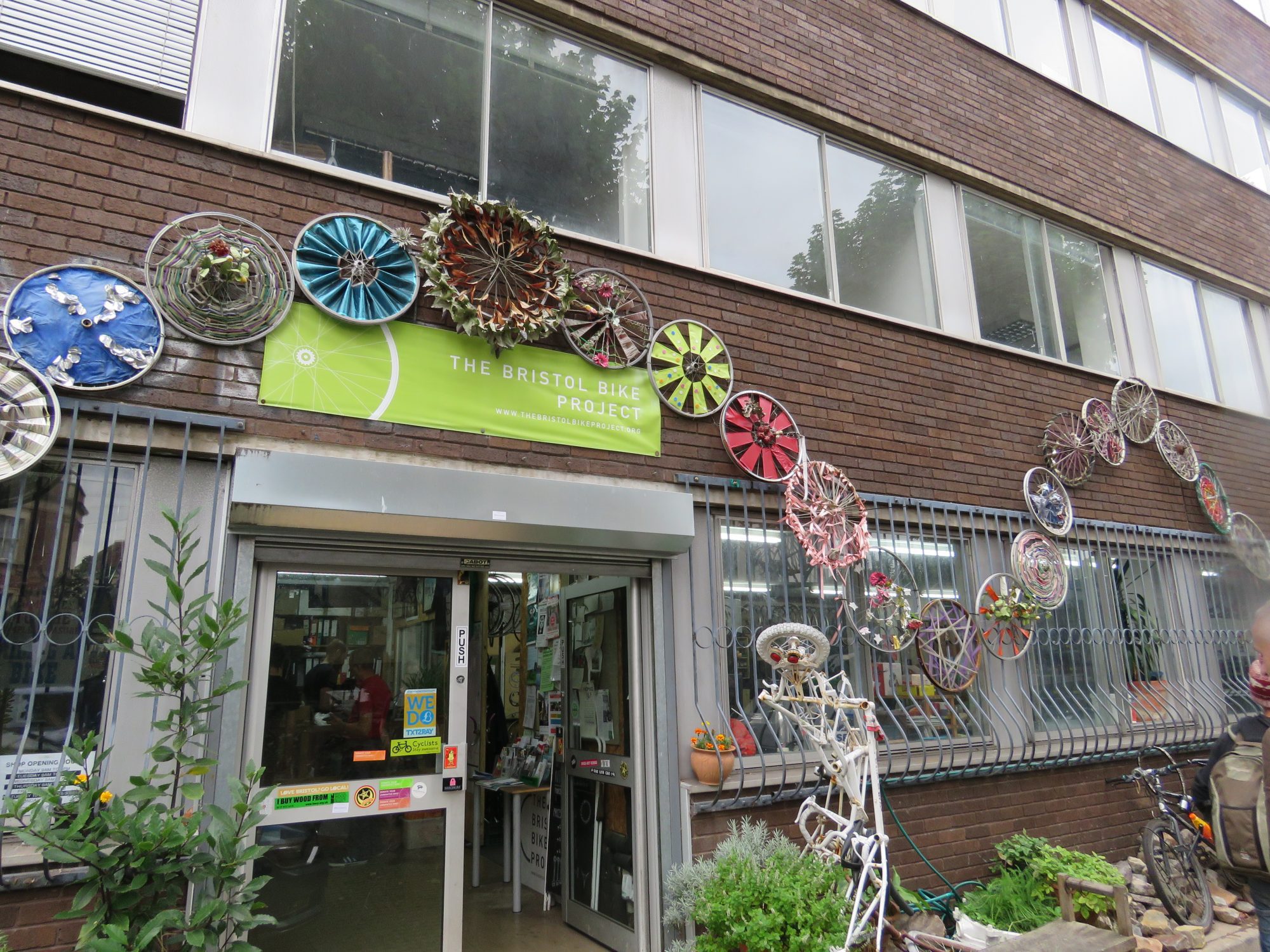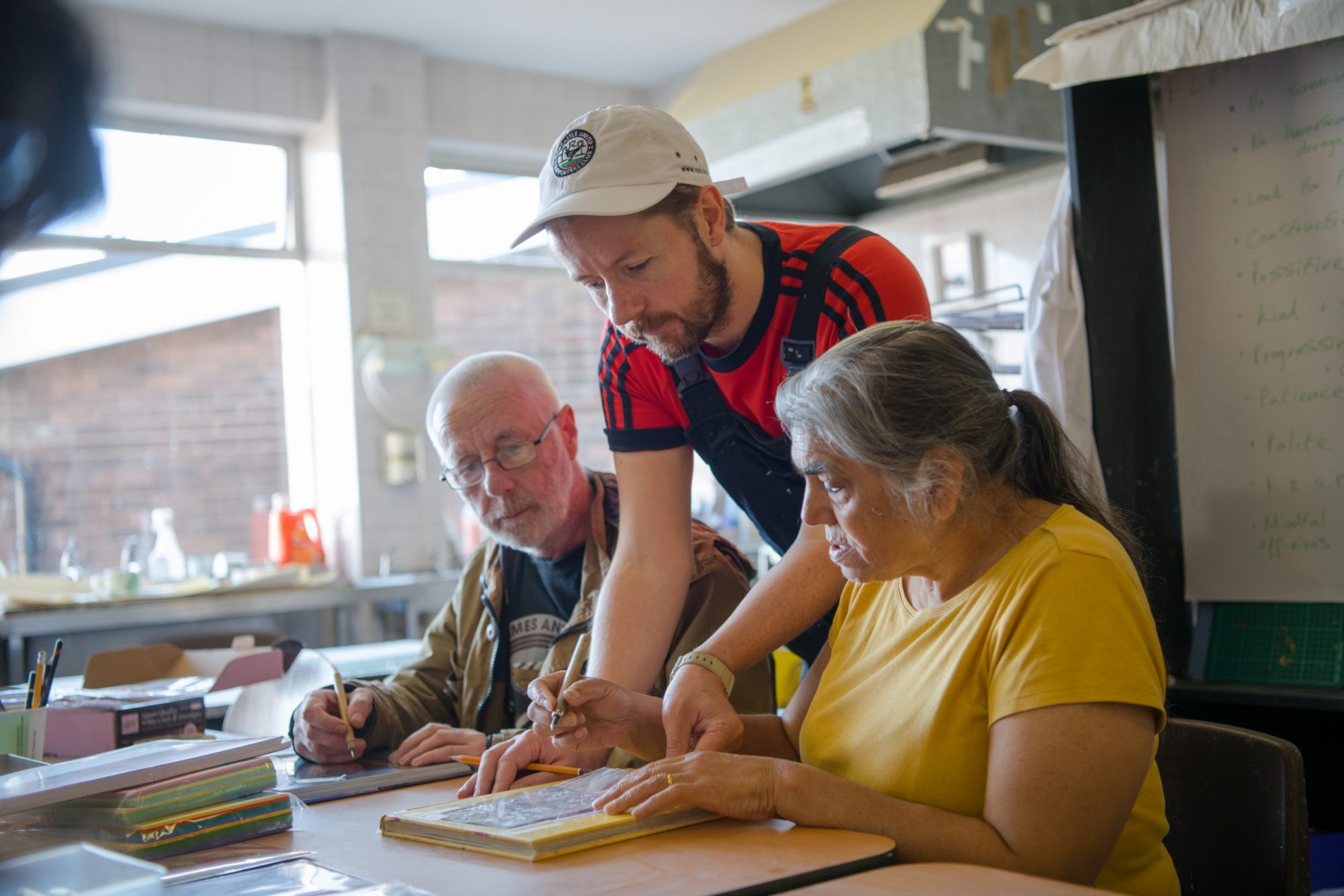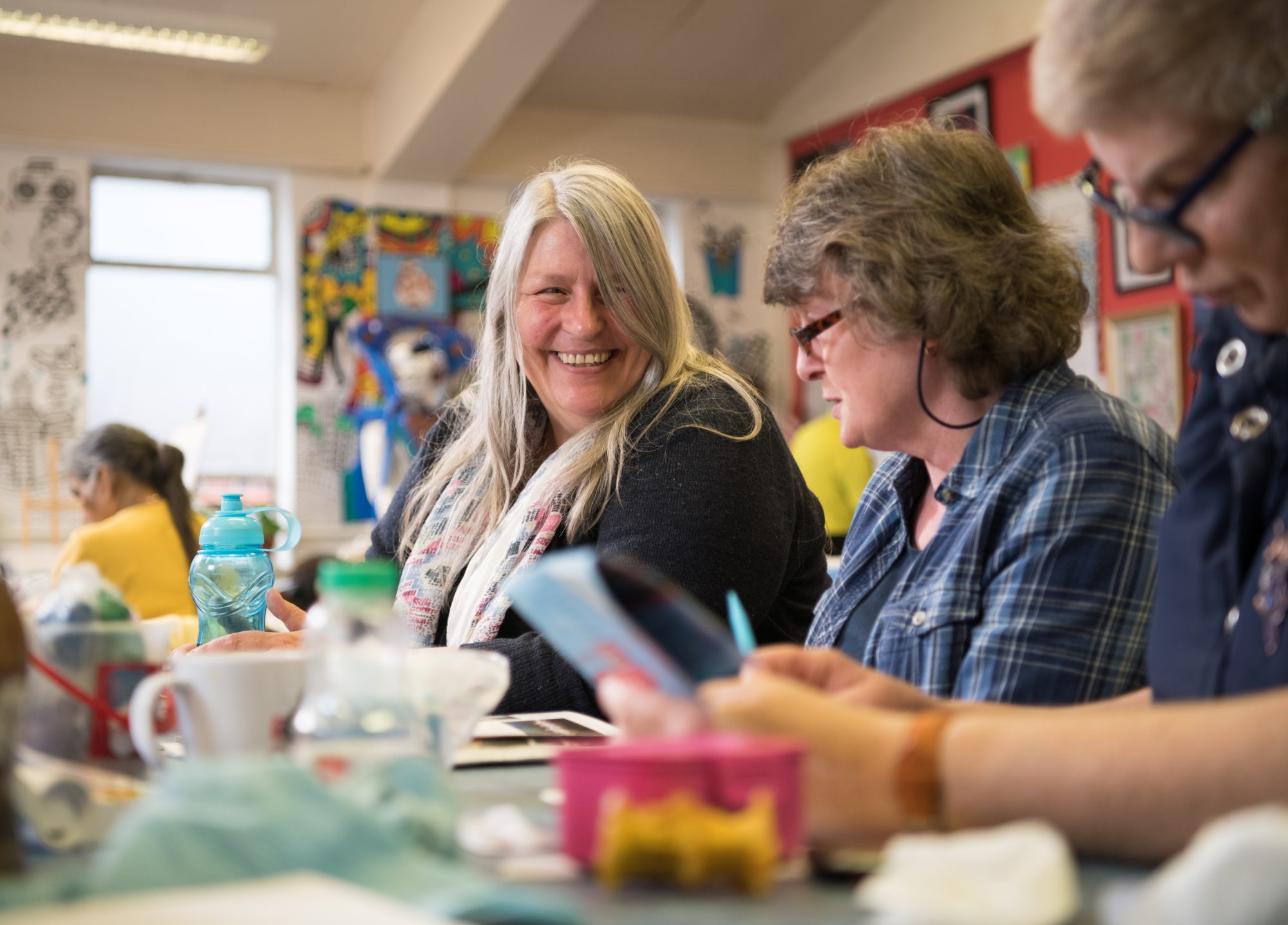
Jessica Craig
Policy Officer

Josh Westerling
Policy Manager
From London…
As Westminster paused on Tuesday morning to observe the long-held tradition of the State Opening of Parliament – the first for both the King and the Prime Minister – I also stopped and listened. Underneath all the pageantry, the King’s Speech is an important event in the political calendar, setting out the Government’s legislative agenda for the parliamentary session. And with this likely to be the last before a general election, I was searching for signs of how the country’s communities will figure in the political debate to come.
The content of the King’s Speech hints that the Conservatives are already looking ahead to the election, with bills on criminal justice and oil and gas licensing marking out the boundaries of debate. But despite a nod to the important task of strengthening the nation’s social fabric – suggesting that Levelling Up lives on – the speech lacked much in the way of substance for communities.
The Long-Term Plan for Towns, already announced last month to provide regeneration funding for 55 towns in England, was billed as an opportunity to ‘put local people in control of their future’ in the speech. But it was clear, more from what was absent than what was announced, that Government needs to look beyond the Westminster bubble to set its policy priorities. With this King’s Speech, Government missed an opportunity to implement transformative legislation to truly restore power and control to our local communities, such as through a Community Right to Buy.
If Government wants to truly empower communities with its political agenda, it must harness the power of community business. In this speech, we saw an outline of the policy issues that seem set to define the next election, such as inflation, the climate crisis and the state of our towns and high streets. Across the country, community businesses are already acting on these challenges: supporting their communities through a cost-of-living crisis, furthering Britain’s net zero ambitions through green community energy and reinventing our struggling high streets to deliver what communities want and need, locally.
It’s high time the policy agenda recognised the transformative power of community business, and equipped them with the powers, resources and backing to thrive.
…to Bristol
As Jess says, the King’s Speech is an important political event. But it can feel so distant from people’s everyday lives, either due to the grandeur of the occasion or the content of the speech itself, that its importance feels diminished. This is not to knock the tradition – I quite enjoy all the pageantry – only to say that there is a disconnect between Westminster and the people that it represents that is clarified if ordinary people tune in to the King’s Speech from their homes.
In Bristol this difference felt particularly stark. While the substance of the King’s Speech largely neglected communities, I was at Locality’s annual convention surrounded by hundreds of community organisations and those that champion them at a national level, like Power to Change. Locality’s roots go back over 100 years to the settlement movement of the late 19th century; community organisations are every bit as much a part of the traditions of this country as the King’s Speech.
Yet it can often feel that the strength of community showcased at Locality is overlooked as ‘nice to have’, separate to the public’s top concerns and to the way that politicians and government think about the world. It is frustrating because in Bristol every single story that we heard – whether it was All Saints Action Network in Wolverhampton, St George’s Community Centre in Lupset, or Witton Lodge in North Birmingham – demonstrated that it is in community organisations where trust can be found and reciprocated. But in each of these stories, there are experiences of not being understood when receiving business advice, working with local government, or interacting with government policy. The lack of understanding is rooted in a political and economic system that does not appreciate the local and which places more importance on what can be measured rather than what people value.
We know the country is crying out for change. As we heard from Marc Stears, Director of UCL Policy Lab, “The country is ready for the power of community. It’s not just ready for it, it’s desperate for it.” Something for both major parties to bear in mind, as eyes turn to the election.



